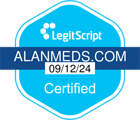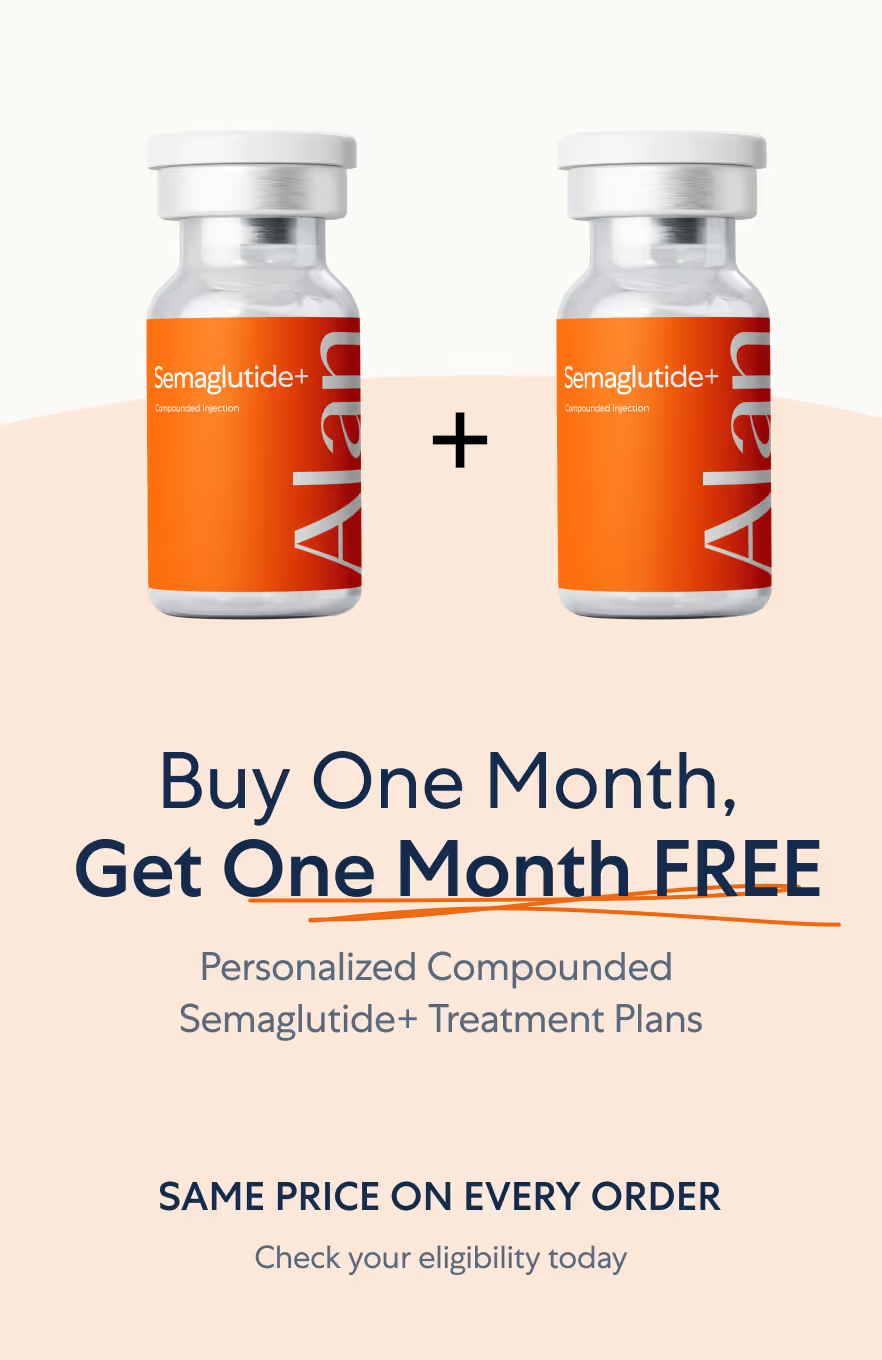At Alan Health, we believe wellness begins at the cellular level—and few molecules work harder behind the scenes than glutathione.
This small but vital antioxidant supports everything from immune resilience to mitochondrial energy to healthy aging. And because natural levels decline with age, stress, and environmental exposure, supplementation can be a powerful tool for restoring energy and balance from within.
Here’s a closer look at how glutathione works—and how we support it at Alan Health.
What Is Glutathione?
Glutathione is a small but mighty antioxidant made from three amino acids: glutamine, glycine, and cysteine. It’s produced naturally in your body and plays a central role in:
- Neutralizing oxidative stress
- Supporting immune balance
- Detoxifying the liver and cells
- Enhancing mitochondrial performance
- Maintaining even skin tone and clarity
But what makes glutathione truly unique is how it works—continuously recycling itself to keep your cells protected day after day.
How Glutathione Works
Glutathione exists in two forms: Reduced (GSH) – the active form and Oxidized (GSSG) – the used form. When your cells encounter free radicals, toxins, or heavy metals, reduced glutathione (GSH) donates an electron to neutralize the threat. It then becomes oxidized (GSSG)—and is recycled back to GSH via an enzyme called glutathione reductase. This cycle makes glutathione one of the body’s most powerful and efficient defense mechanisms.
Detoxification & Cellular Defense
In the liver, glutathione binds to toxins and converts them into water-soluble compounds your body can excrete. This includes:
- Environmental pollutants
- Alcohol and medications
- Heavy metals and chemical byproducts
Modern life puts increasing strain on this system, making it harder for the body to keep up without additional support.
Immune Regulation
Glutathione doesn’t just protect cells—it helps direct your immune response. It supports the function of key immune cells like macrophages, T cells, and natural killer cells, and influences how your body manages inflammation.
Low glutathione levels are often found in people with chronic illness or frequent infections, and emerging research suggests that restoring those levels may improve immune resilience.
Glutathione and Aging
Glutathione production decreases with age, contributing to oxidative stress, inflammation, and mitochondrial dysfunction. Studies of centenarians show they often maintain higher glutathione levels—suggesting a possible link to healthy aging.
By protecting mitochondria, reducing inflammation, and supporting detox pathways, glutathione may help preserve energy, clarity, and cellular function over time.
Supporting Your Glutathione System
Your body makes glutathione naturally, but you can support and optimize levels through both lifestyle and supplementation. Lifestyle support includes:
- Diet: Eat sulfur-rich foods like garlic, onions, broccoli, and kale
- Exercise: Regular movement increases glutathione production
- Sleep: Quality, consistent sleep helps maintain antioxidant balance
- Toxin reduction: Limit alcohol, processed foods, and unnecessary medications
Supplementing with Glutathione at Alan Health
We offer three effective delivery methods—each designed to bypass the gut and optimize absorption:
- Injections – High bioavailability and rapid systemic support
- Nasal Spray – Convenient, needle-free daily use
- Iontophoresis Patch – A transdermal, wearable option for steady delivery throughout the day
Each format fits different needs and routines. Your Alan Health provider can help guide you to the right option.
Final Thoughts
Glutathione works behind the scenes to protect your body at the cellular level. Supporting it through smart lifestyle choices and clinical-grade supplementation may be one of the most effective ways to invest in long-term health, energy, and resilience.
{{glutathione-injection}}
{{glutathione-nasal-spray}}
{{glutathione-patches}}
Resources:
Disclaimer: This article is for informational purposes only and is not medical advice. Products mentioned are not intended to diagnose, treat, cure, or prevent any disease. Please consult your provider before starting any new supplement or treatment.
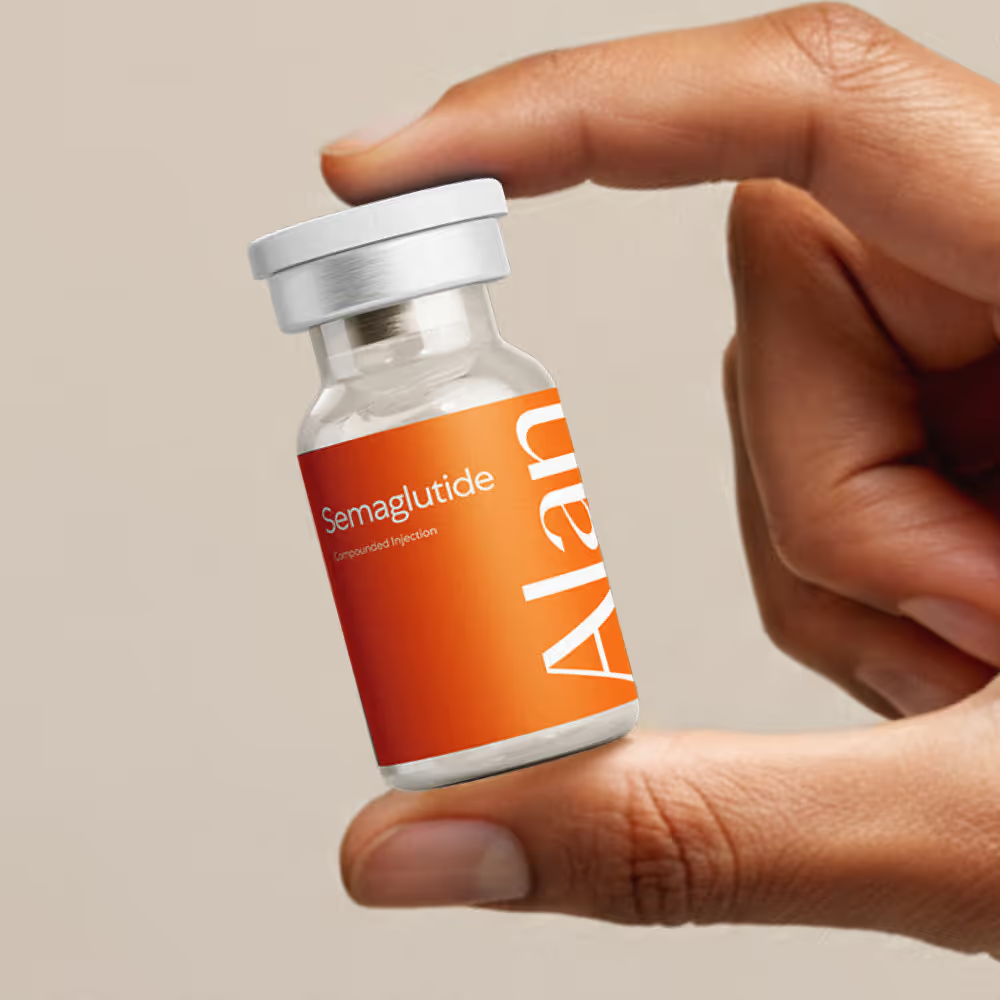

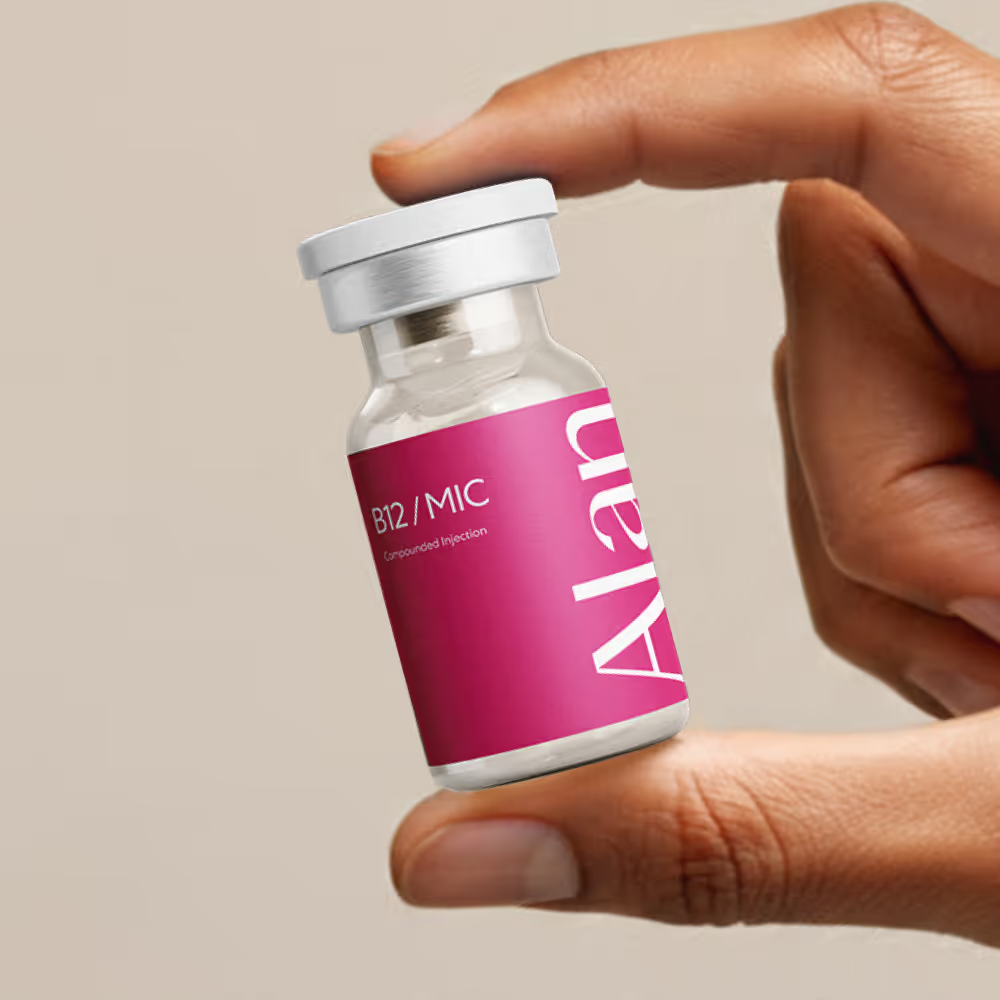

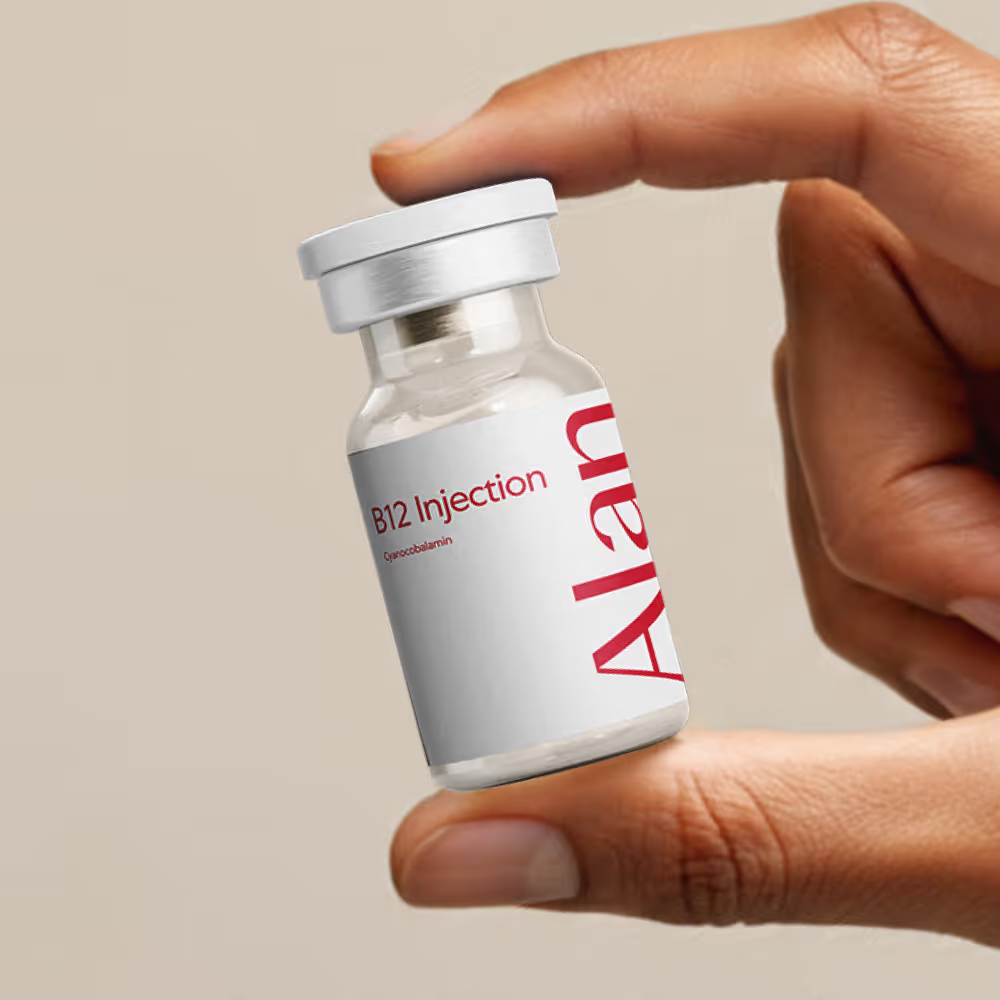

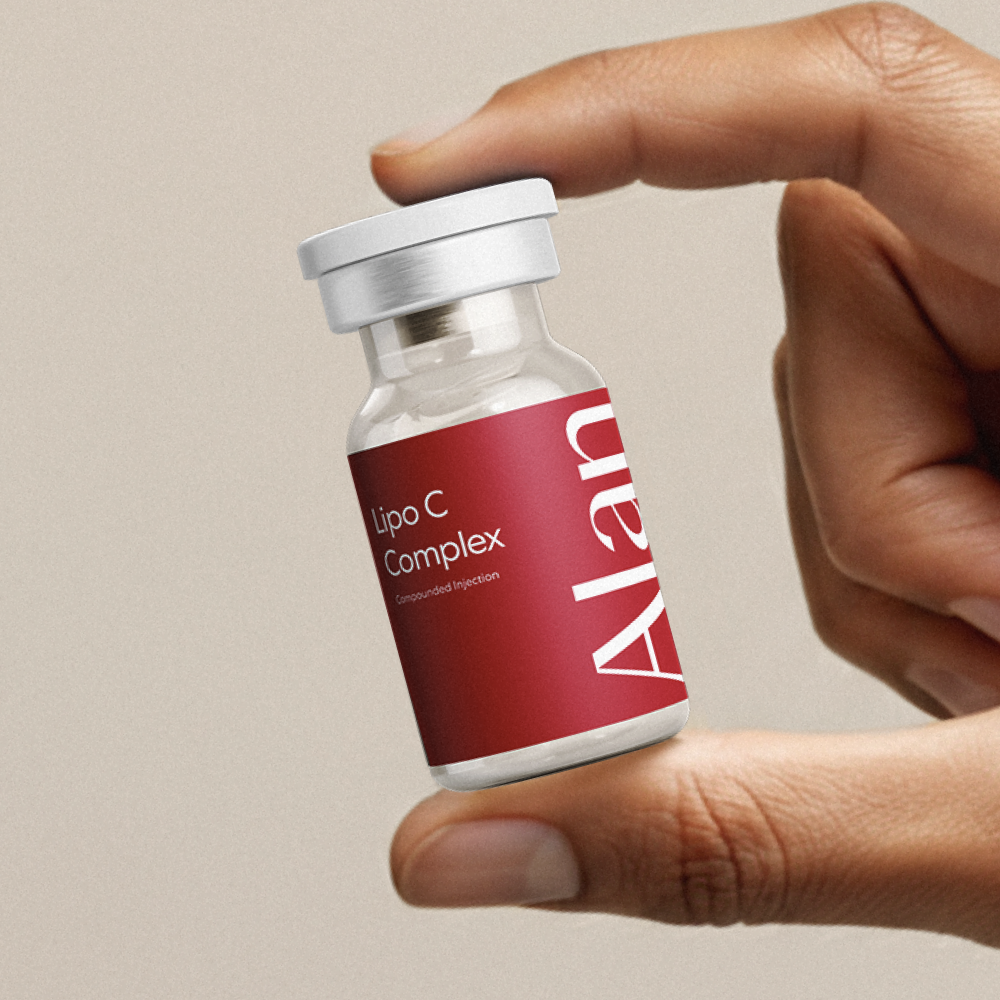

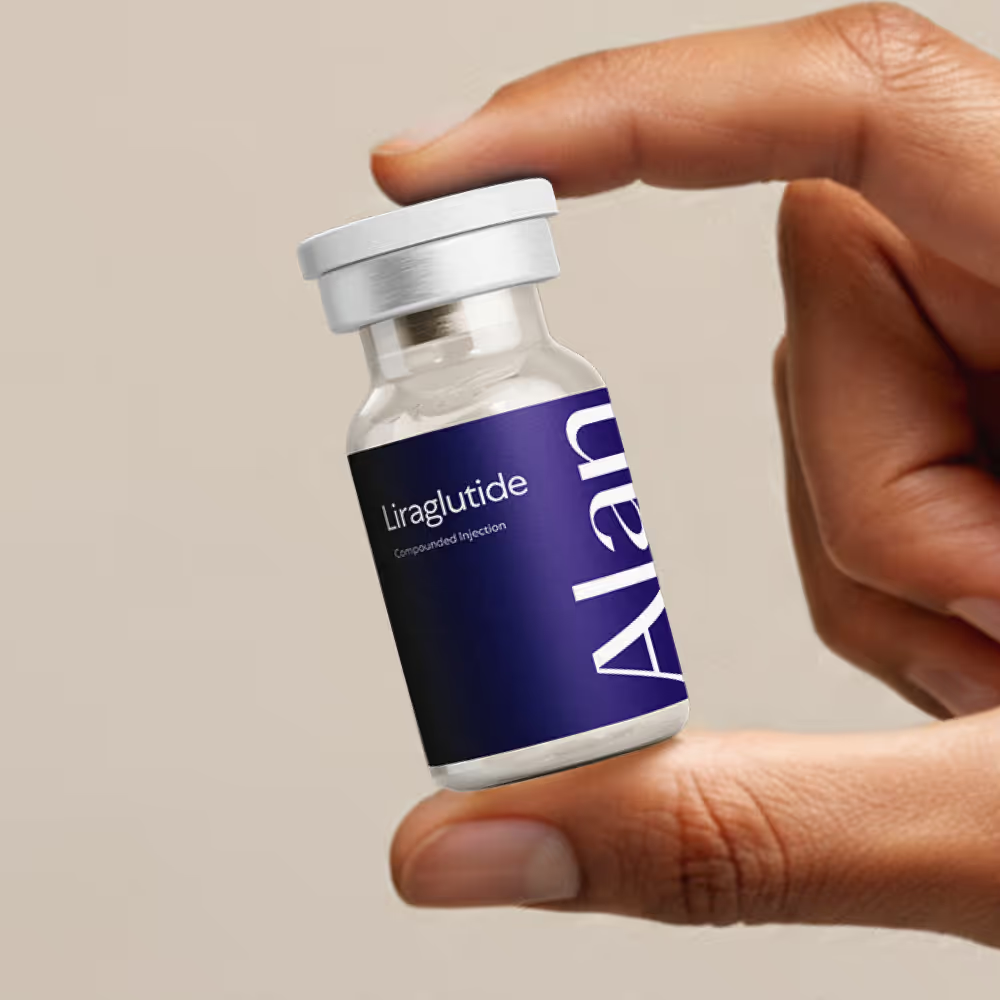

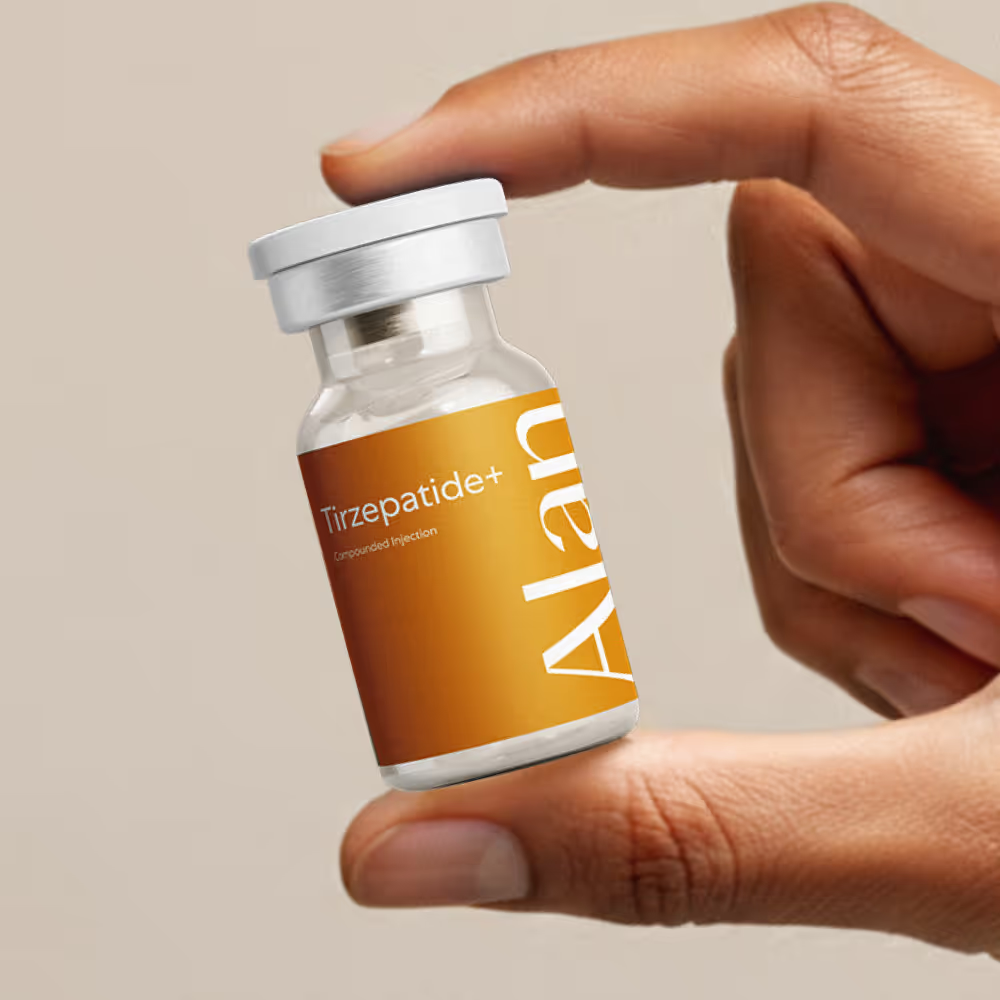





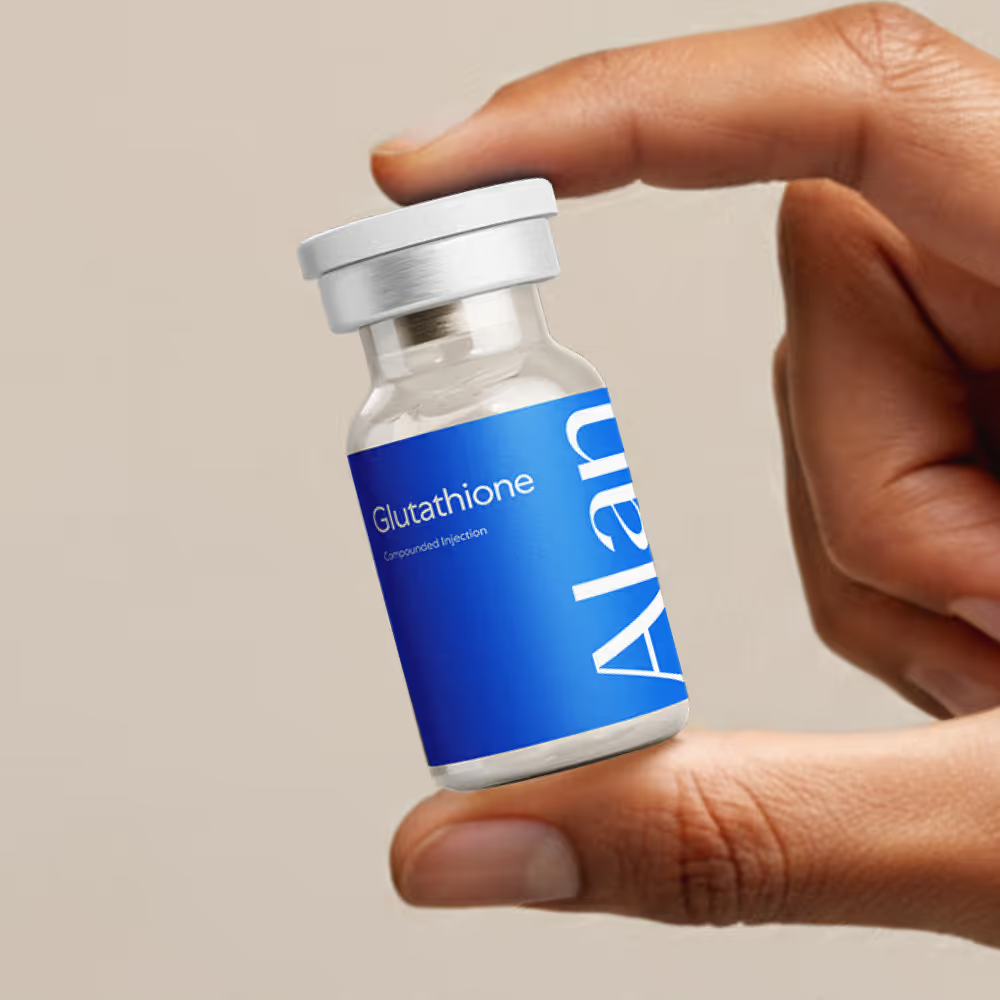

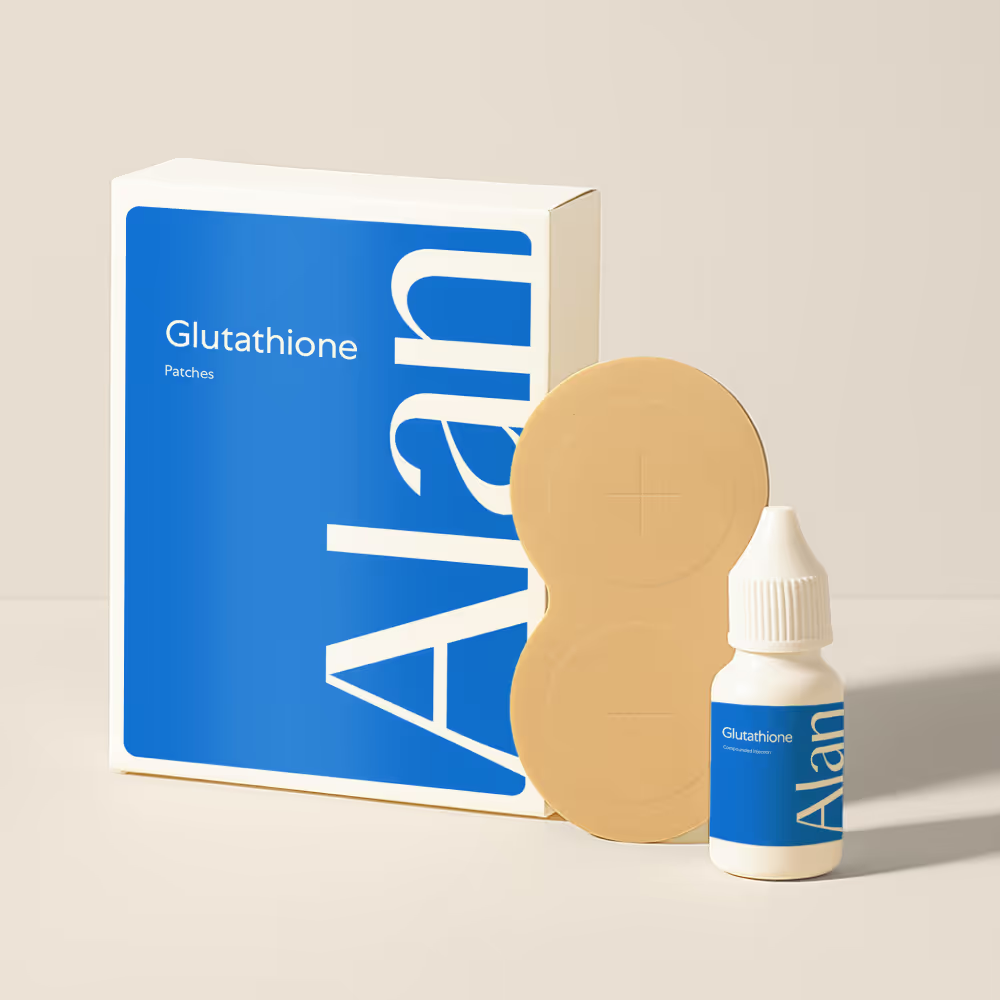

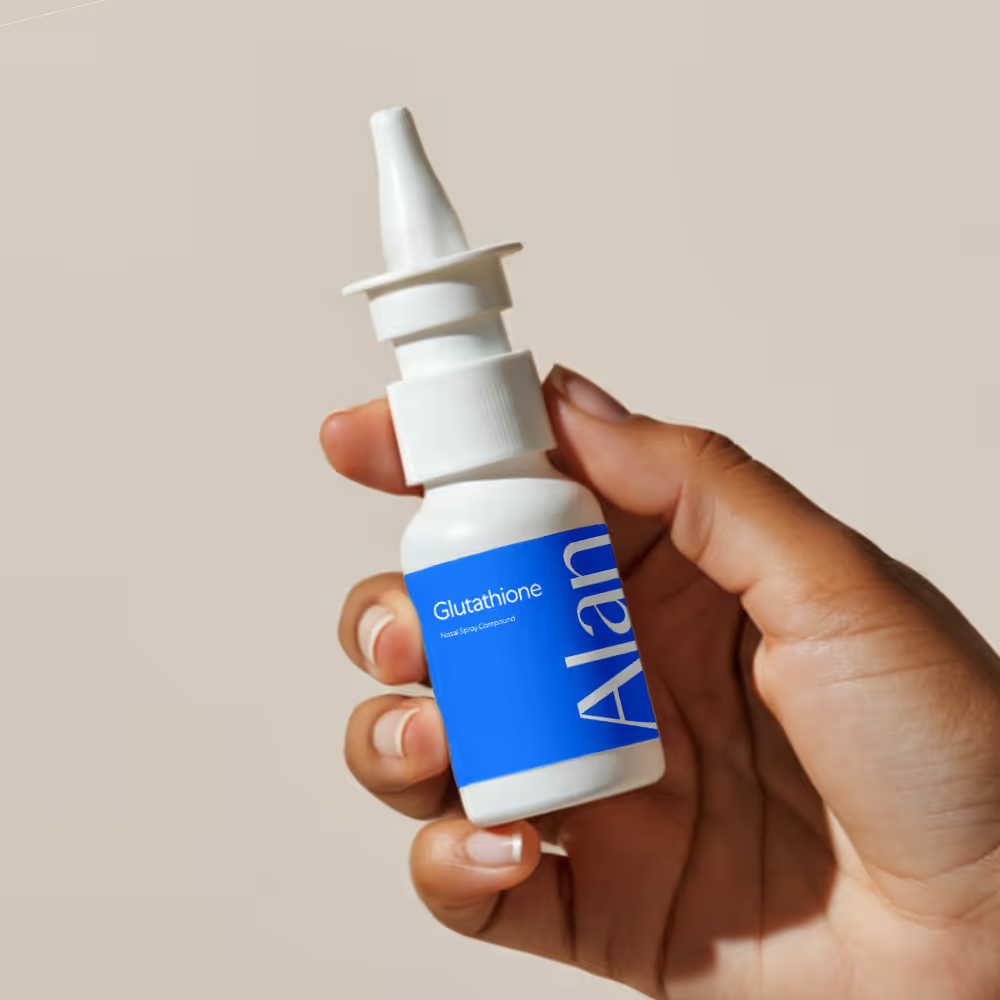

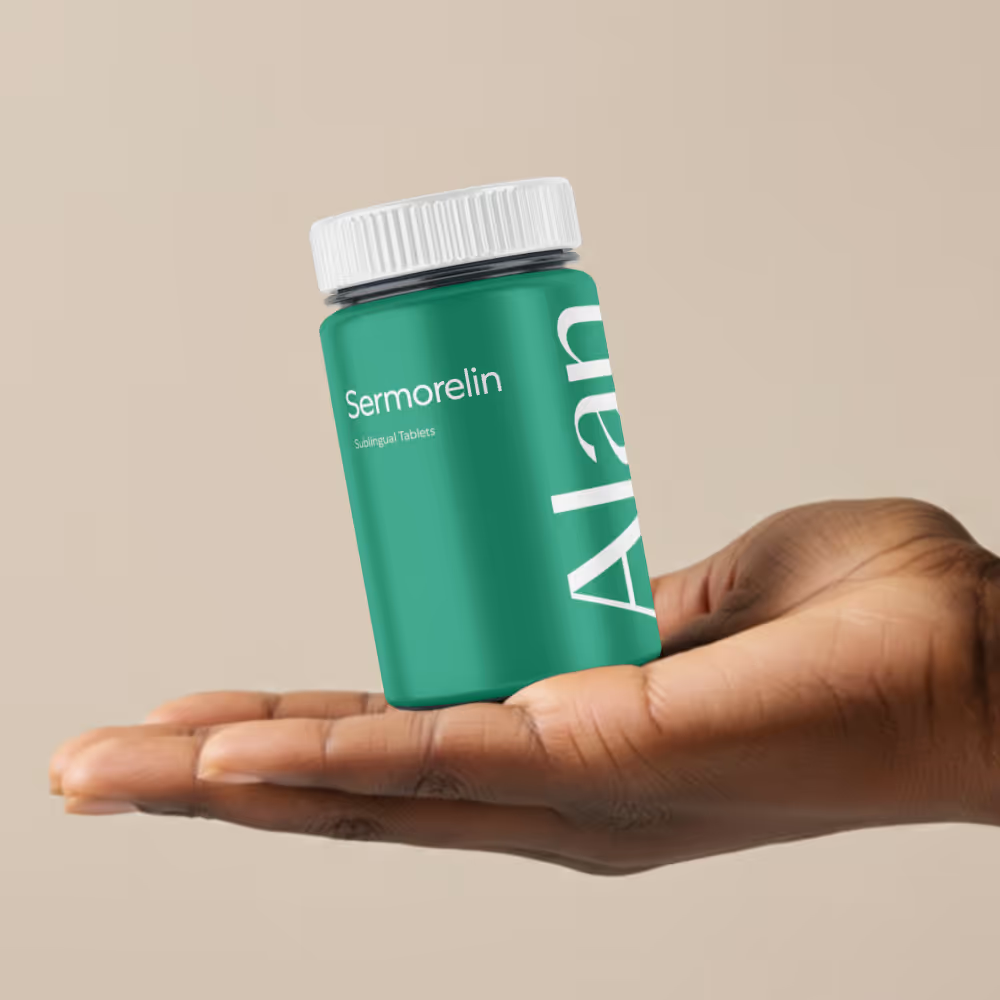

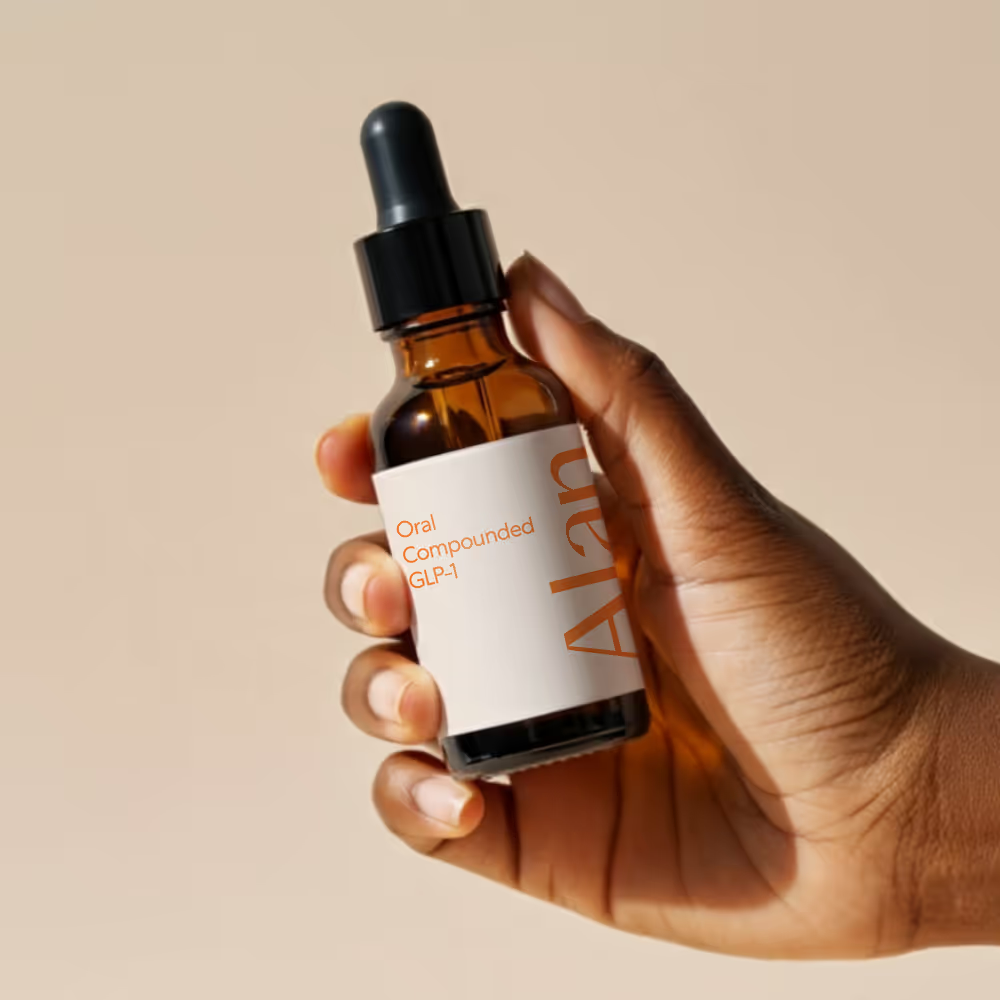



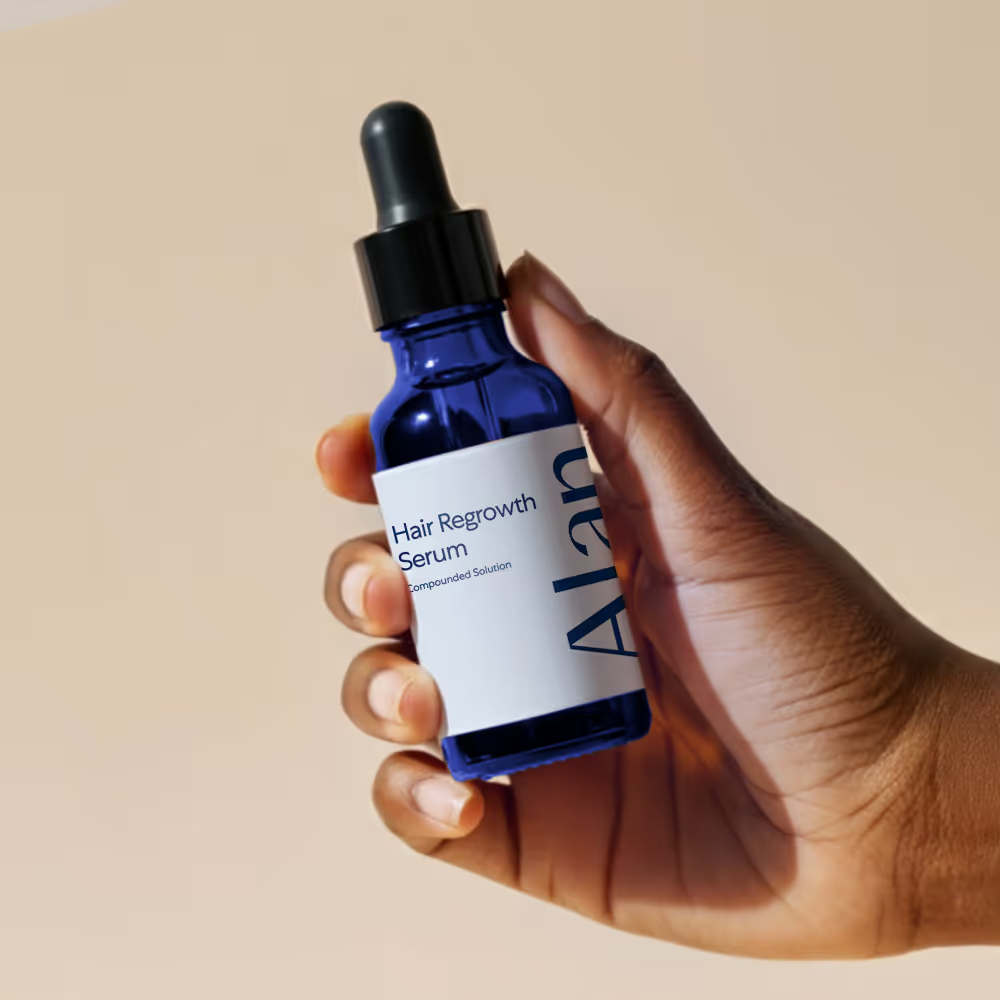

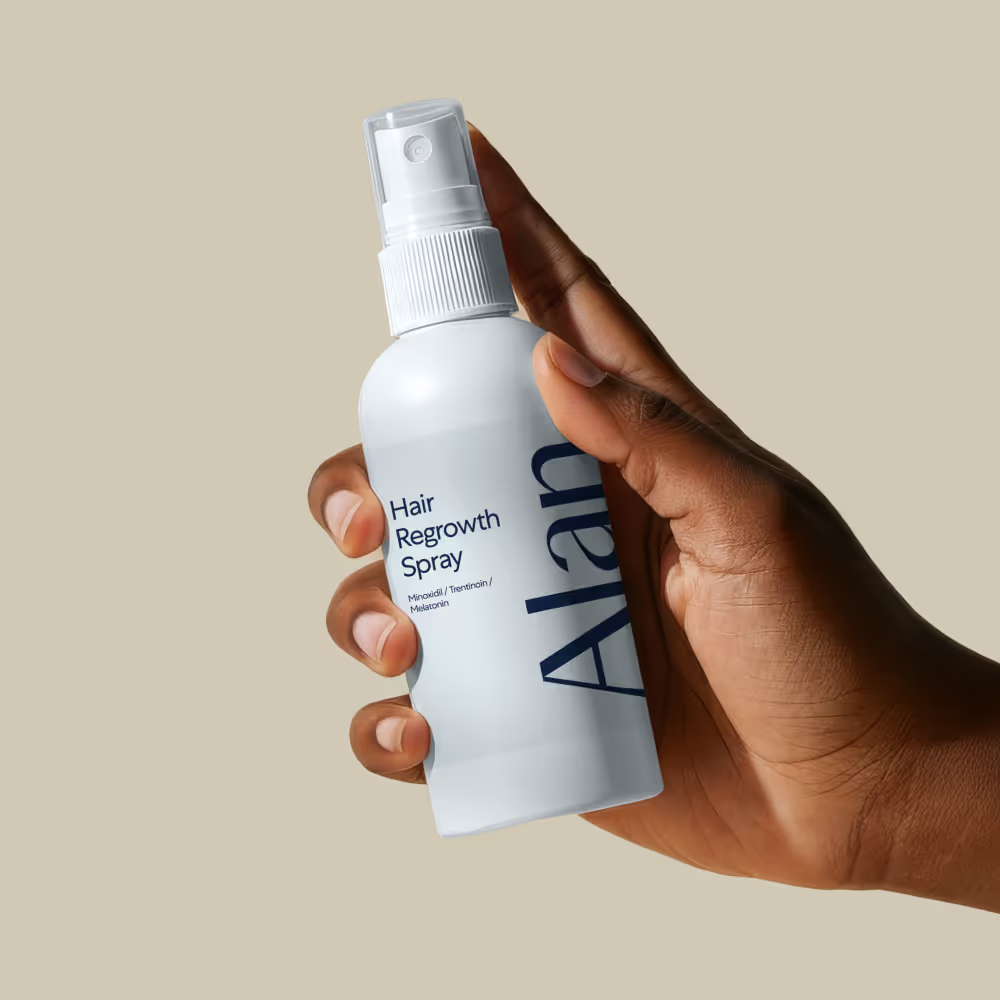

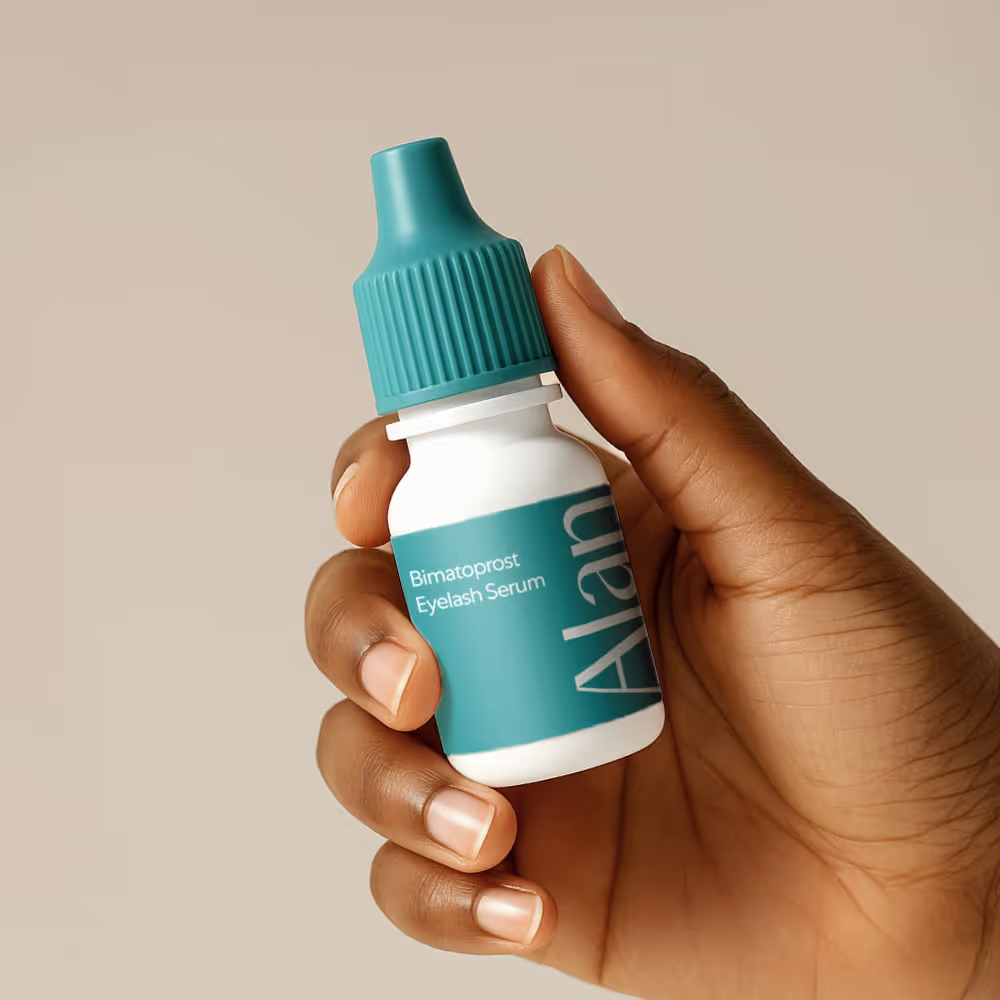



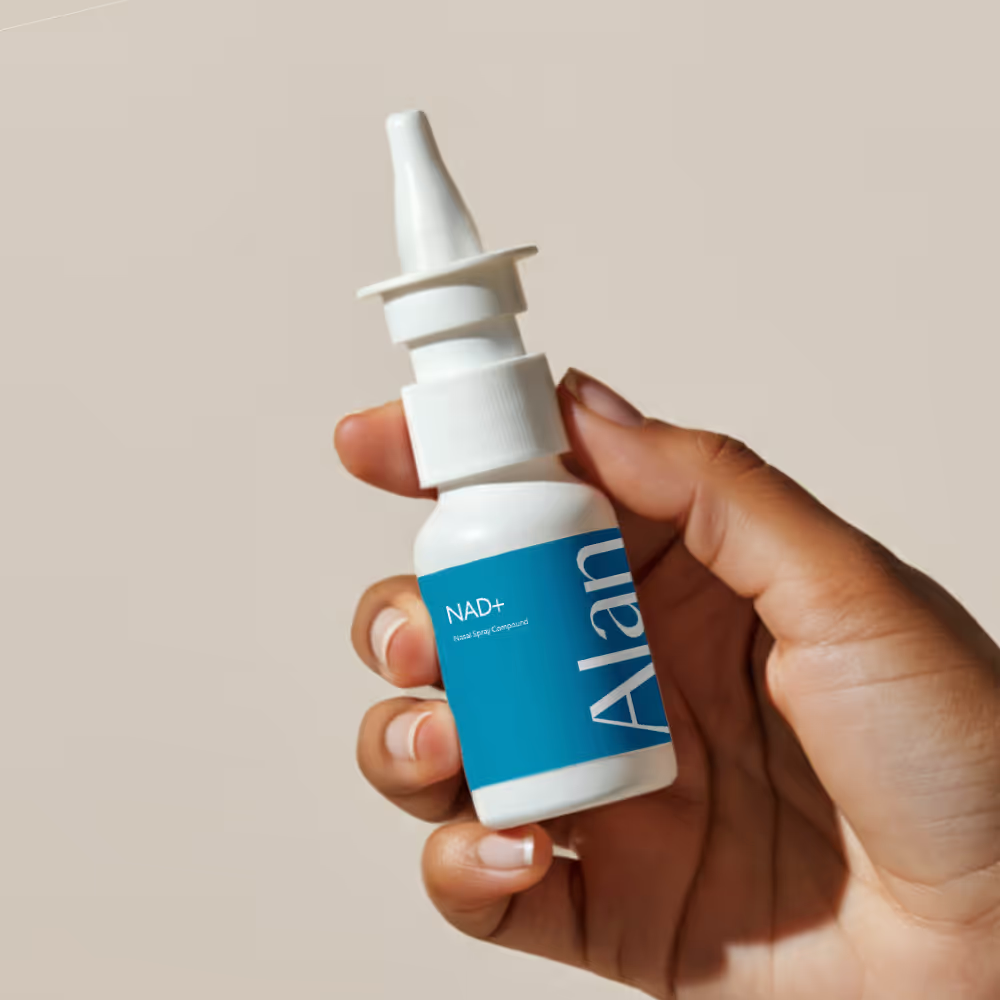

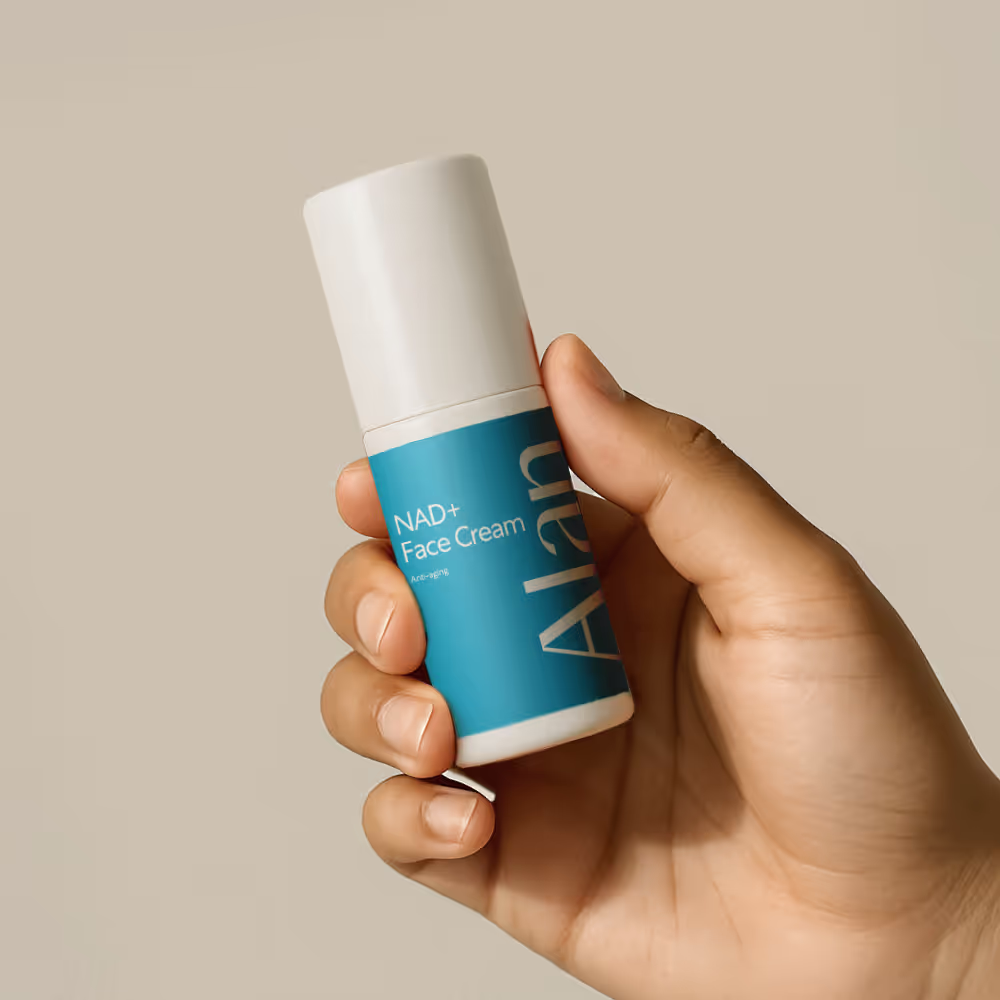

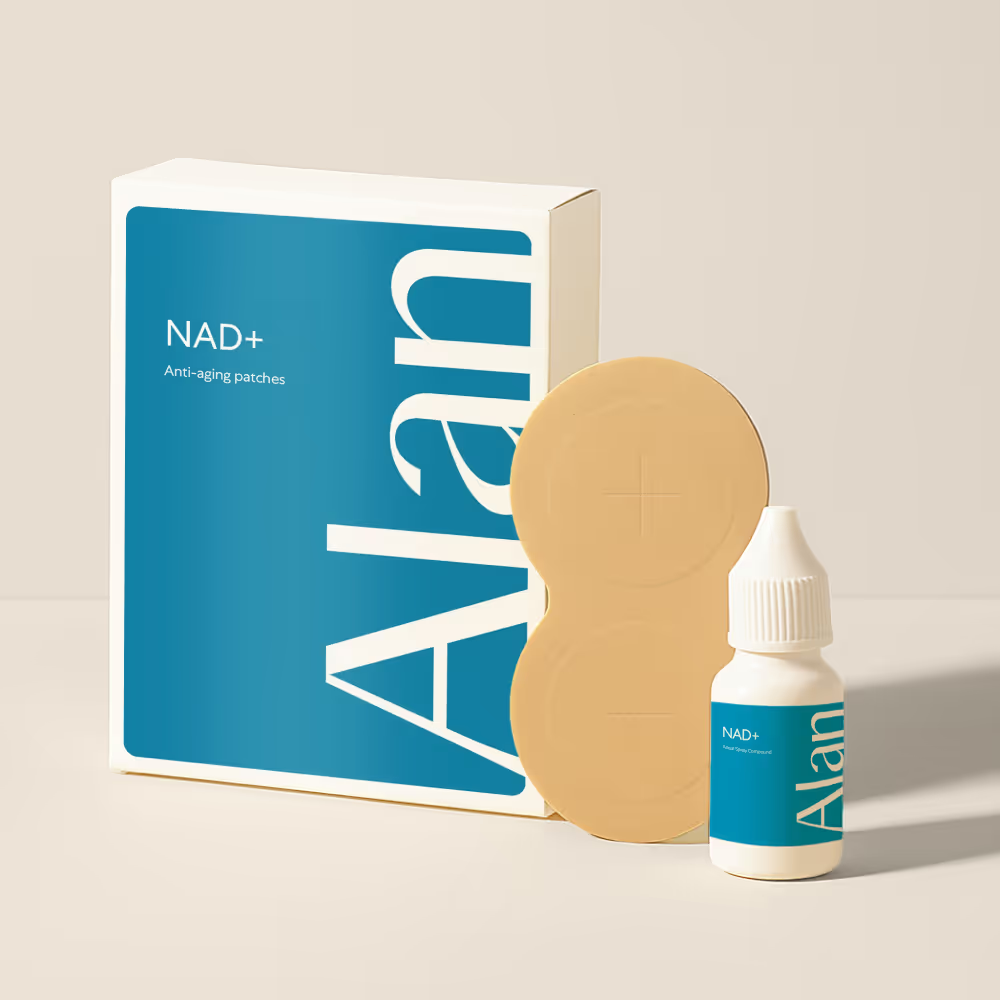

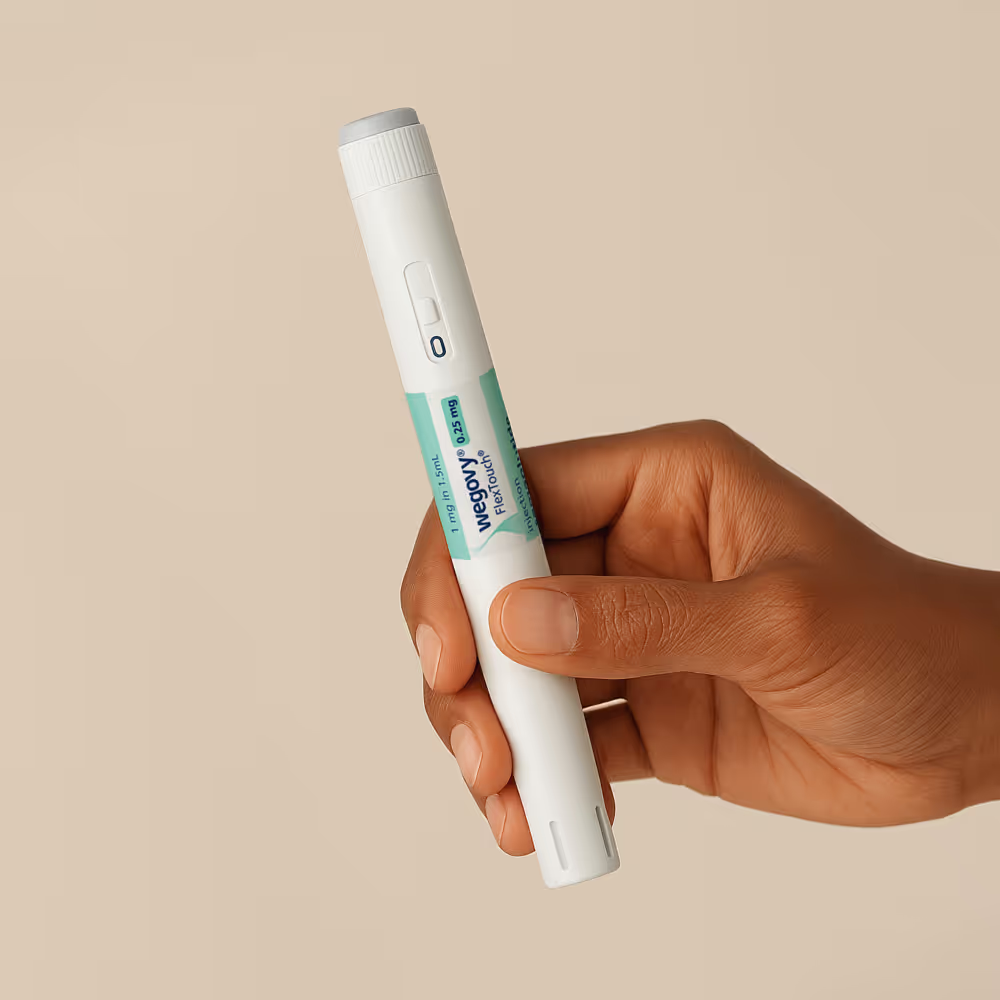

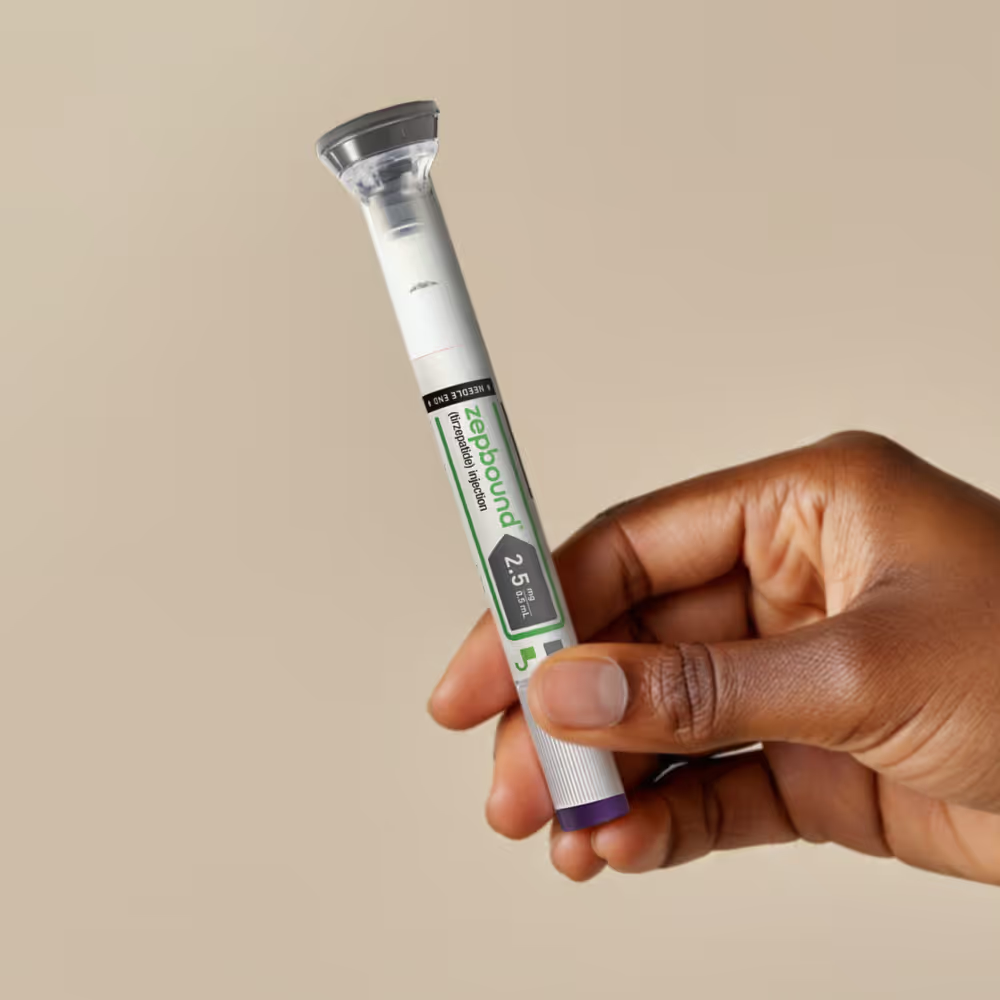

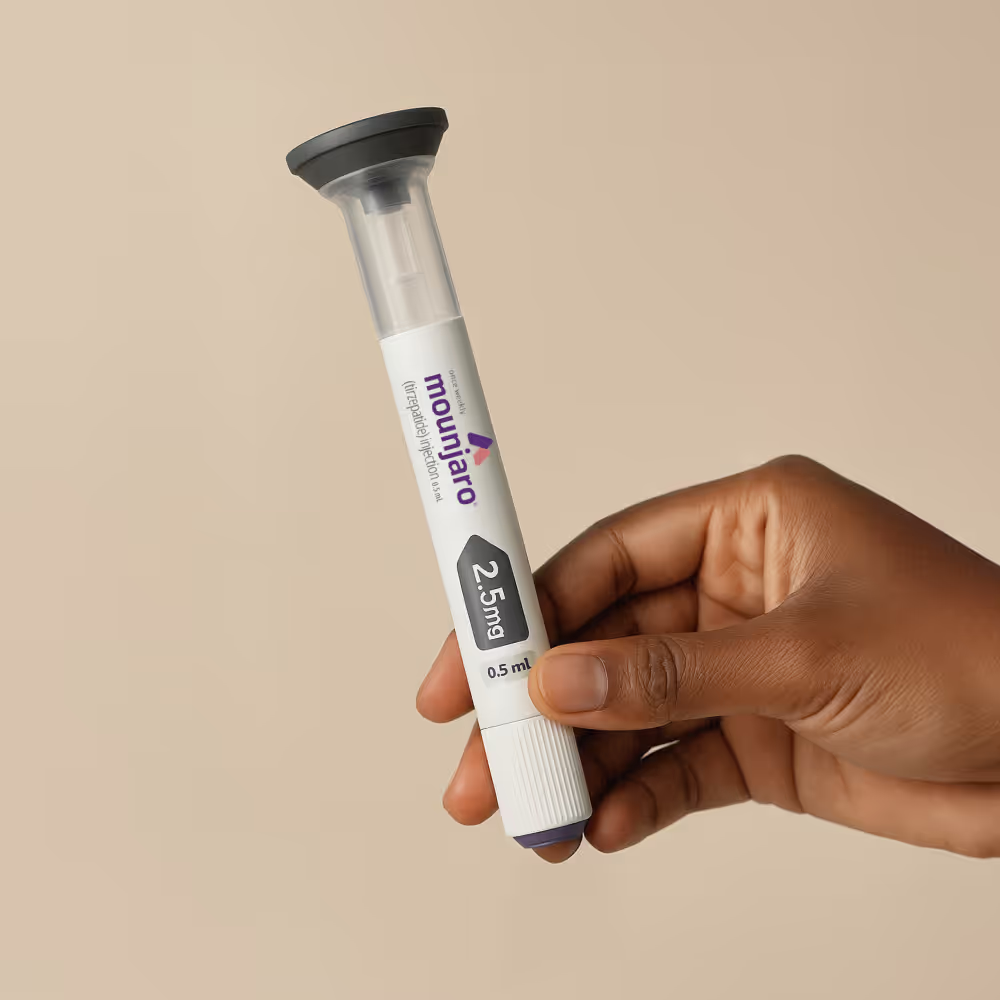

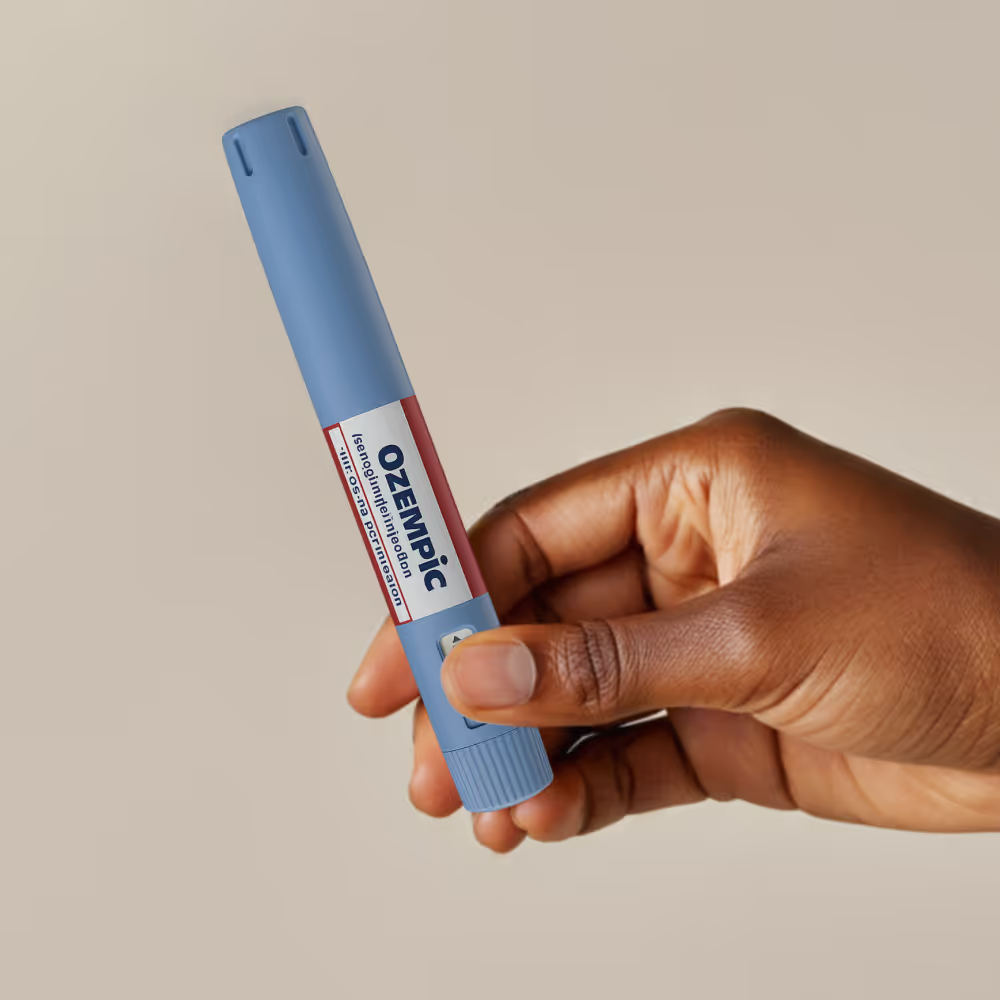



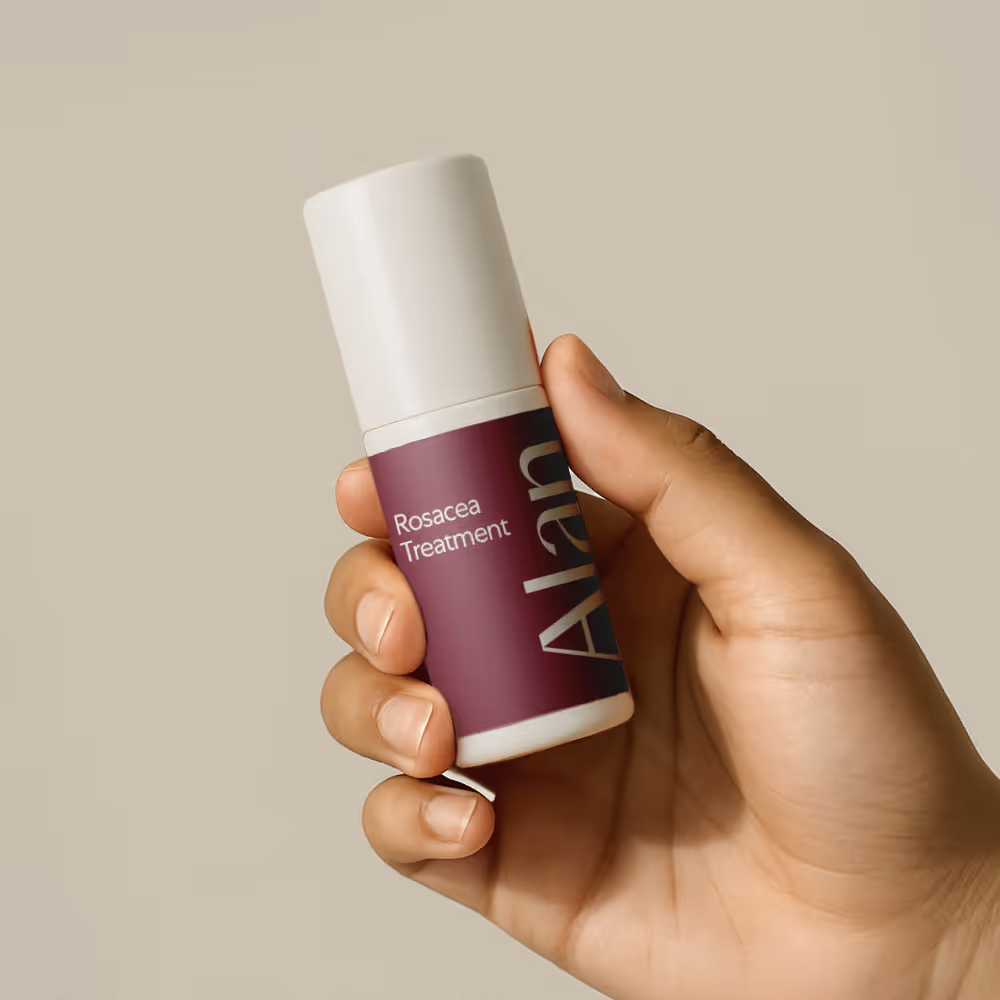

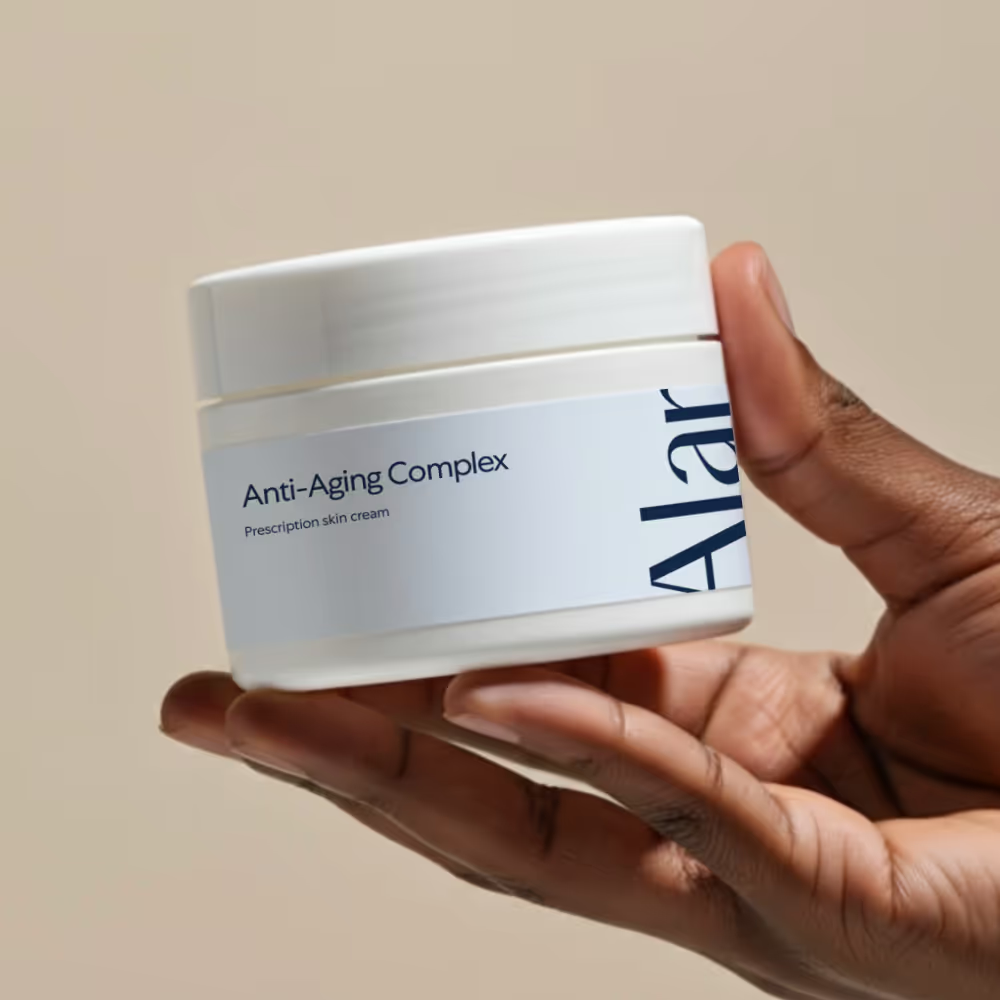

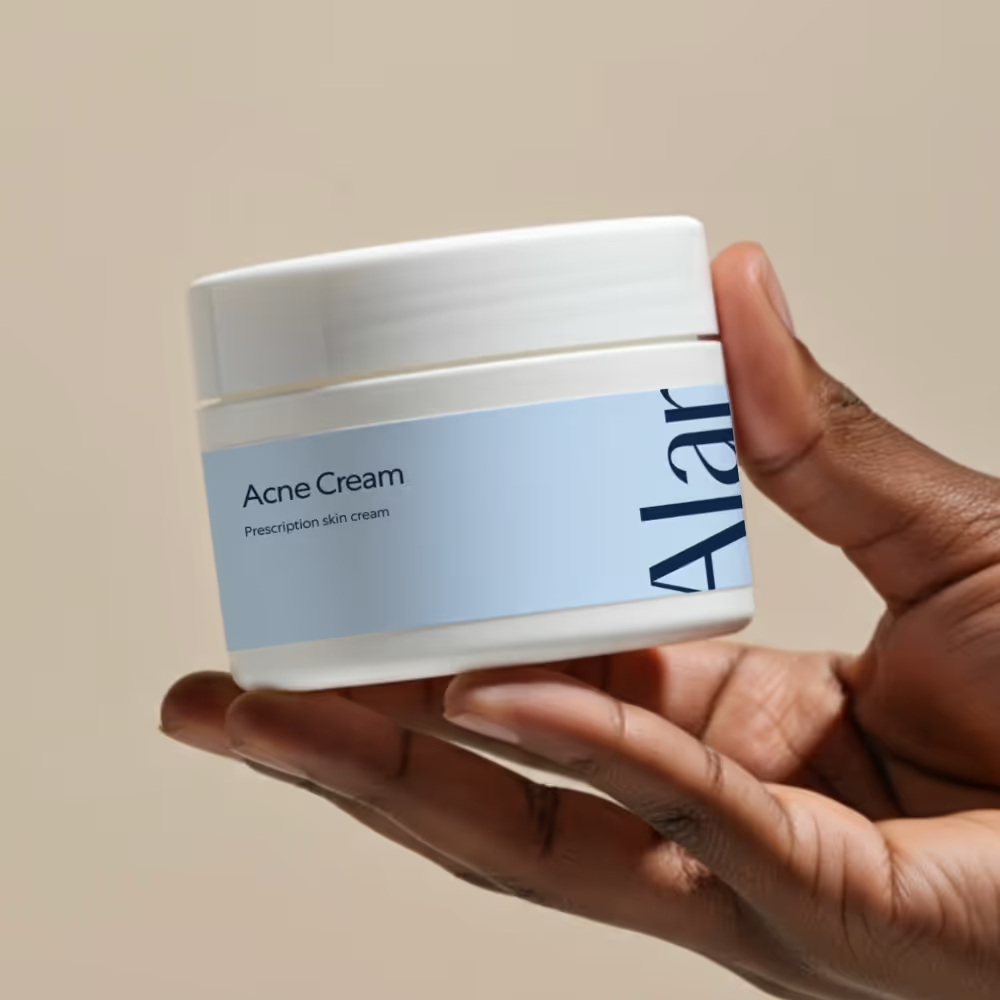



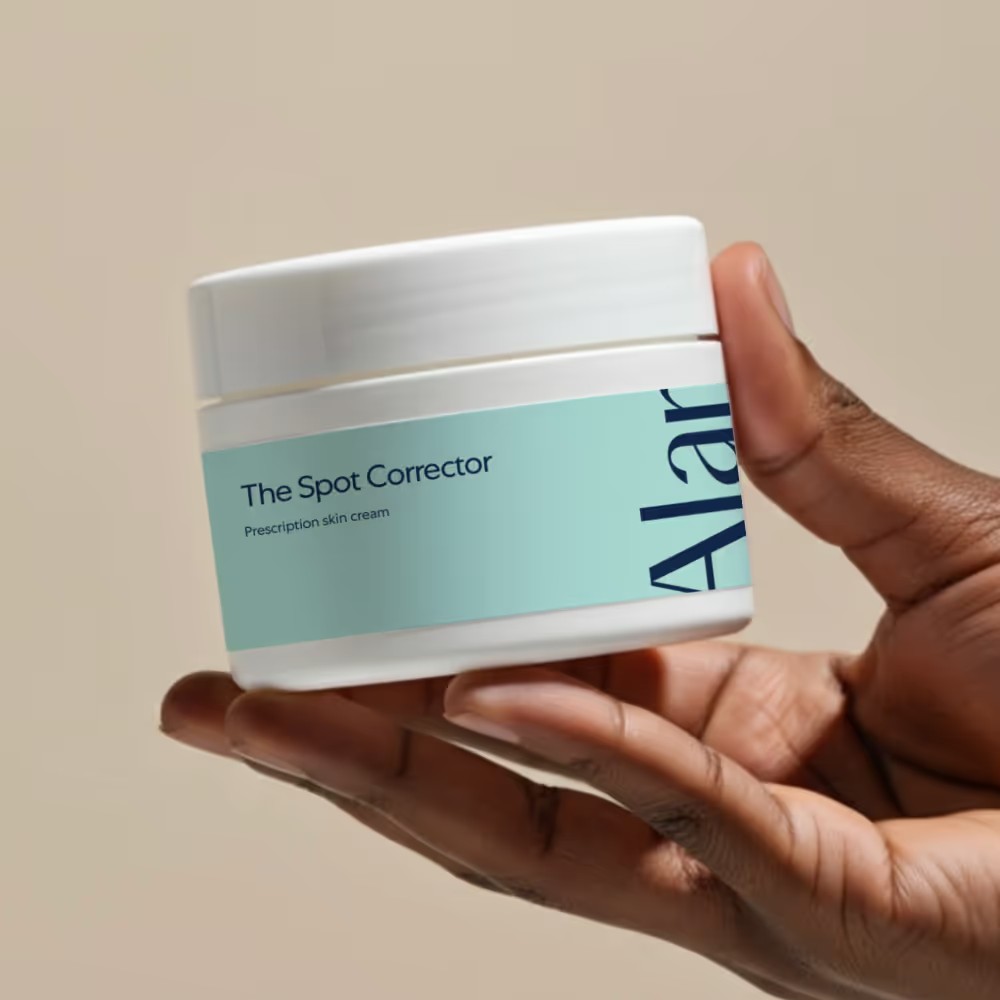



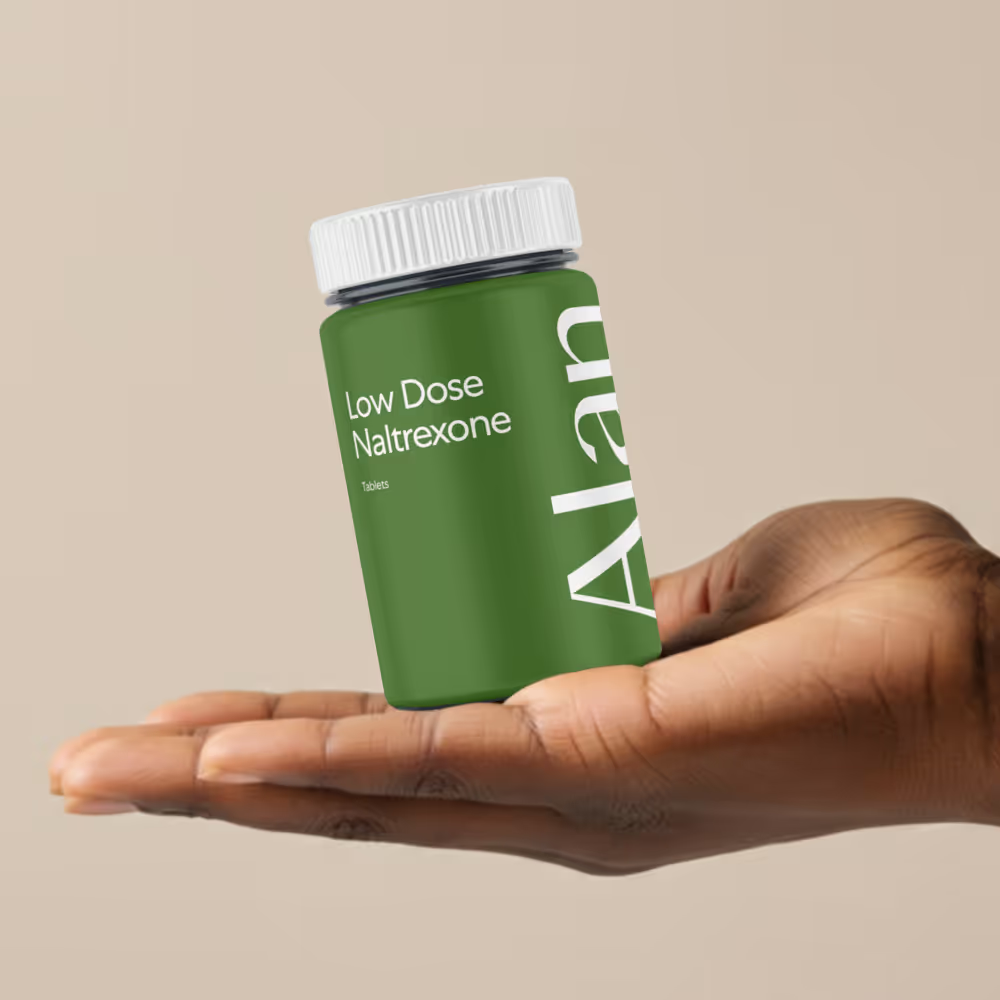






.avif)
.avif)
.avif)



